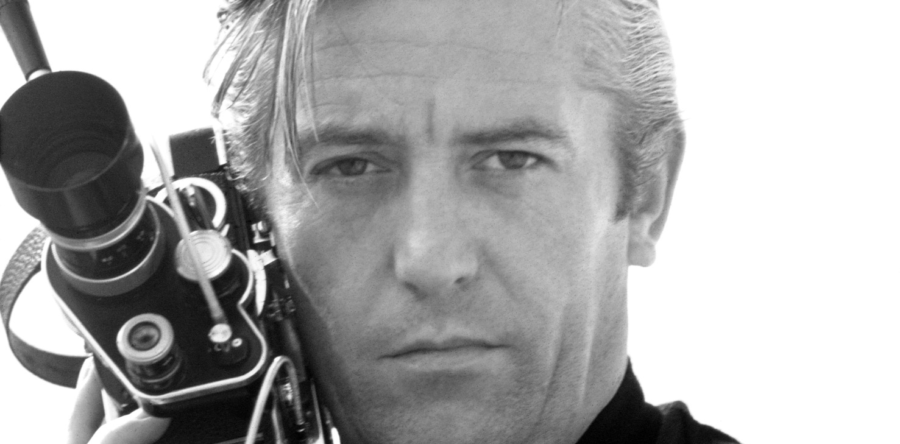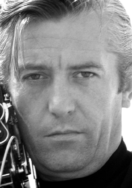Gianfranco Brebbia was born in Varese on May 2, 1923. Achieved his studies at the Salesian school in Milan, at age 20, during World War II, he was interned in Switzerland, from 1943 to 1945. During his internment he learned the job tailoring, activities that continued later, after returning to Italy. The Nature of the earth Swiss gave him a taste that will be found in his films. Brebbia, from an early age, he devoted himself to photography and, in 1962, made his first movie with the camera Bolex H8 Reflex. Since that time, his camera became an integral part of his life.
Varese was one of his favorite subjects: he documented the vibrant artistic ferment of the sixties and denounced the building boom that destroyed historic buildings in the city center.
In the second half of the sixties, Brebbia was part of the Cooperative of Independent Cinema in Rome.
This meeting developed and further increased the its spirit of inquiry and freedom of expression, taking it to carry more than 140 experimental films (found in Archive only 45).
In the last years of his life he devoted himself to figurative art, composing with technical cadres in collage technique typical of Pop Art.
He disappeared suddenly in Varese, January 7, 1974, at the age of fifty years, leaving a precious film archives kept by December 2015 at the Historical Archives of the Italian Film Library in Milan.
BIOGRAFIA
Gianfranco Brebbia nacque a Varese il 2 maggio 1923. Conseguiti gli studi presso la scuola Salesiana di Milano, all’età di 20 anni, durante la Seconda Guerra Mondiale, fu internato in Svizzera, dal 1943 al 1945. Durante l’internamento imparò il lavoro di sartoria, attività che continuò successivamente, dopo essere rientrato in Italia. Il contatto con la natura della terra elvetica gli conferì un gusto particolare che si riscontrerà nelle sue opere cinematografiche. Brebbia, fin da giovanissimo, si dedicò alla Fotografia e, solo nel 1962, realizzò il suo primo filmato con la cinepresa Bolex Paillard Reflex H8. Da quel momento, la sua cinepresa divenne parte integrante della sua vita.
Varese fu uno dei suoi soggetti preferiti: ne documentò il vivace fermento artistico degli anni Sessanta e denunciò il boom edilizio che distrusse edifici d’epoca nel centro della città.
Nella seconda metà degli anni Sessanta, Brebbia fece parte della Cooperativa di Cinema Indipendente di Roma.
Questo incontro sviluppò ed incrementò ulteriormente il suo spirito di ricerca e di libertà espressiva, portandolo a realizzare oltre 140 film sperimentali (ritrovati in Archivio solo 45).
Negli ultimi anni della sua vita si dedicò all’arte figurativa, componendo quadri con tecnica a collage, tecnica tipica della Pop Art.
Scomparve improvvisamente a Varese, il 7 gennaio 1974, all’età di cinquant’anni, lasciando un prezioso archivio cinematografico custodito dal dicembre 2015 presso l’Archivio Storico della Cineteca Italiana di Milano




